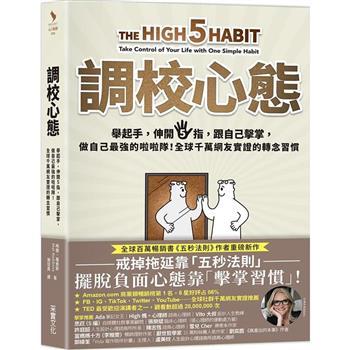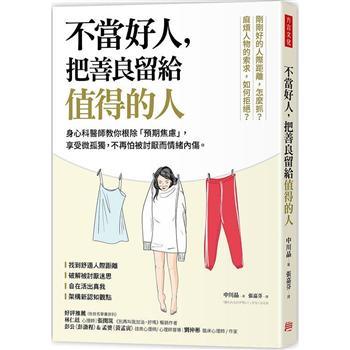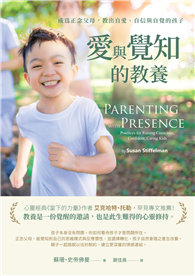The girl who would become George Eliot began her professional writing life with a poem bidding farewell to all books but the Bible. How did a young Christian poet become the great realist novelist whose commitment to religious freethinking made her so iconoclastic that she could not be buried in in Westminster Abbey? Memorialized there today by a stone lain in the Poets’ Corner in 1980, George Eliot wrote herself and her fellow Victorians through turbulent decades of moral and historical doubt in religious orthodoxy, alongside the unrelenting need to articulate a compelling modern faith in its place. Unafraid to confront the most difficult existential questions of her time, George Eliot wrote immensely popular novels that wrestled with problems whose hold has barely lessened in the last 150 years: the pervasiveness of human suffering and the injustice of its measures; the tension between fulfilling our ethical obligations to others and pursuing our own well-being; the impetus to act virtuously in this world without any guarantee of reward, and the need to make some "religion" in life, something beyond our own immediate, fluctuating desires.
In this new account of George Eliot’s spiritual life, George Eliot: Whole Soul, Ilana Blumberg reveals to us a writer who did not simply lose her faith once and for all on her way to becoming an adult, but devoted the full span of her career to imagining a wide religious sensibility that could inform personal and social life. As we range among Eliot’s letters, essays, translations, poetry, and novels, we encounter here a writer whose extraordinary art and intellect offer us company, still today, in the search for modern meaning.| FindBook |
有 1 項符合
George Eliot: Whole Soul的圖書 |
 |
George Eliot: Whole Soul 作者:Blumberg 出版社:Oxford University Press, USA 出版日期:2024-06-14 語言:英文 規格:精裝 / 256頁 / 普通級/ 初版 |
| 圖書館借閱 |
| 國家圖書館 | 全國圖書書目資訊網 | 國立公共資訊圖書館 | 電子書服務平台 | MetaCat 跨館整合查詢 |
| 臺北市立圖書館 | 新北市立圖書館 | 基隆市公共圖書館 | 桃園市立圖書館 | 新竹縣公共圖書館 |
| 苗栗縣立圖書館 | 臺中市立圖書館 | 彰化縣公共圖書館 | 南投縣文化局 | 雲林縣公共圖書館 |
| 嘉義縣圖書館 | 臺南市立圖書館 | 高雄市立圖書館 | 屏東縣公共圖書館 | 宜蘭縣公共圖書館 |
| 花蓮縣文化局 | 臺東縣文化處 |
|
|
圖書介紹 - 資料來源:博客來 評分:
圖書名稱:George Eliot: Whole Soul
內容簡介
作者簡介
Ilana Blumberg, Associate Professor, Bar Ilan University
King of Kings: The Iranian Revolution: A Story of Hubris, Delusion and Catastrophic Miscalculation
Who’s Afraid of the Big, Bad Jew: Learning to Love the Lessons of Jew-Hatred
Theatres of the Body: Dance and Discourse in Antebellum Philadelphia
Theatres of the Body: Dance and Discourse in Antebellum Philadelphia
Russian Warfare in the 21st Century: An Incentive-Opportunity Intervention Model
Stranger-Kingship in Antiquity
Latin America and the World’s Fairs, 1867-1939
Recipe for Death: The Erin Patterson Story
Ghost Nation: The Story of Taiwan and Its Struggle for Survival
The Cambridge Companion to Marcus Aurelius’ Meditations
Who’s Afraid of the Big, Bad Jew: Learning to Love the Lessons of Jew-Hatred
Theatres of the Body: Dance and Discourse in Antebellum Philadelphia
Theatres of the Body: Dance and Discourse in Antebellum Philadelphia
Russian Warfare in the 21st Century: An Incentive-Opportunity Intervention Model
Stranger-Kingship in Antiquity
Latin America and the World’s Fairs, 1867-1939
Recipe for Death: The Erin Patterson Story
Ghost Nation: The Story of Taiwan and Its Struggle for Survival
The Cambridge Companion to Marcus Aurelius’ Meditations
|











